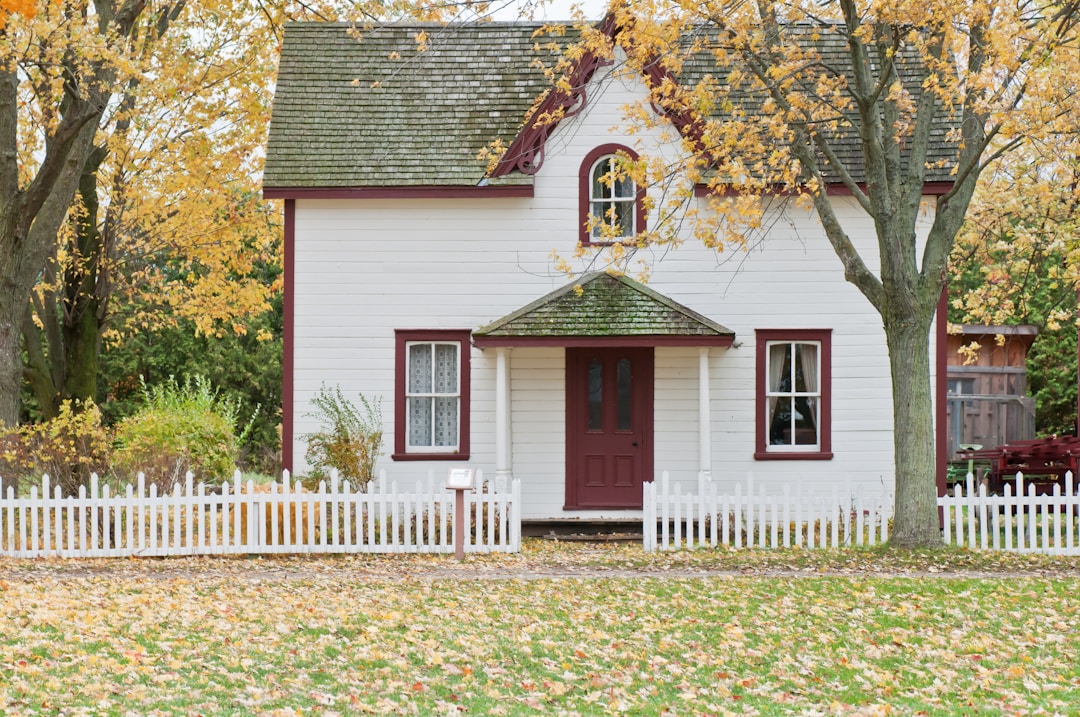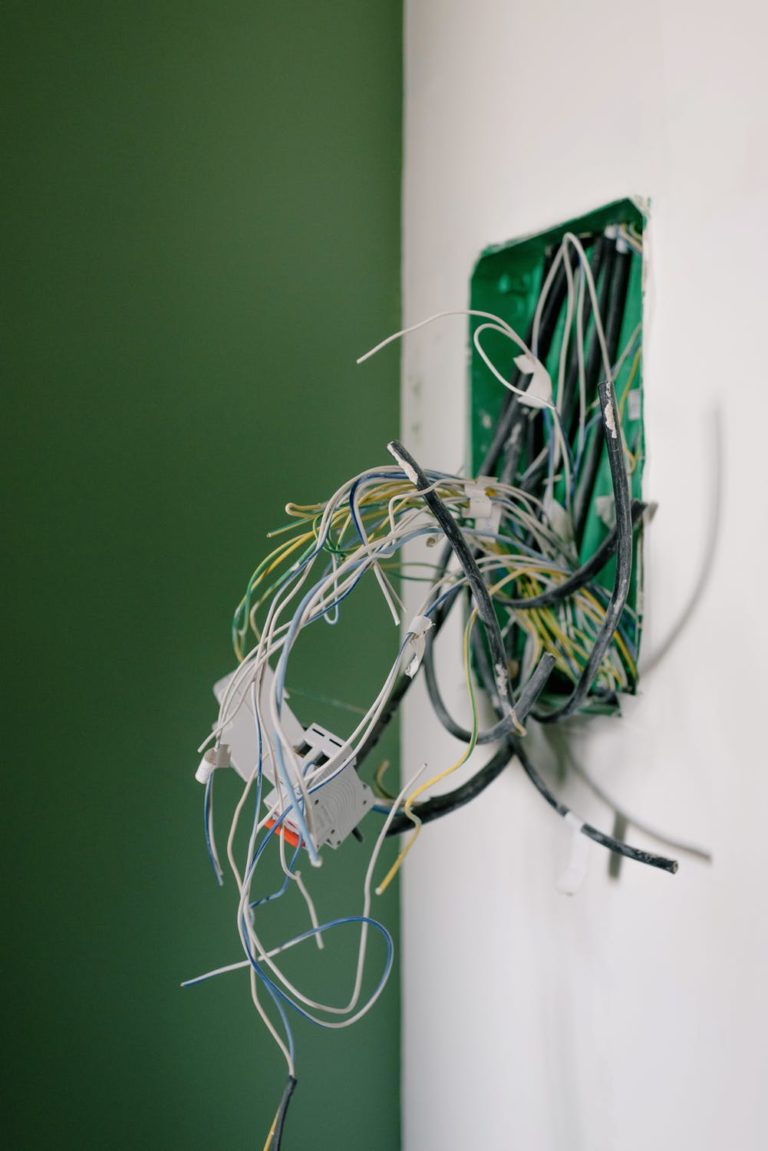What You Need To Know About Home Upgrades
Upgrading your home can be a significant undertaking. Whether you’re getting ready to sell or simply wish to improve your living conditions, understanding the value and impact of various upgrades is crucial. In this article, we’ll take a closer look at these crucial aspects, from knowing what upgrades can give you the best return on investment to how to deal with the challenges that might come up along the way.
Understanding the Value of Home Upgrades

First and foremost, it’s vital to understand the value that certain upgrades can bring to your home. For instance, exterior improvements such as upgrading your roof or installing new siding can significantly increase your property’s curbside appeal.
Interior updates like a kitchen or bathroom remodel can add significant value to your property. However, it’s important to strike a balance between the cost of these upgrades and the value they add to your home.
Energy efficiency upgrades, like modern heating and cooling systems, are highly sought after by modern buyers. One example of a quality provider of this service is the team at Summers heating and cooling Noblesville. They’re renowned for ensuring comfortable living conditions whatever the season.
Most Desired Home Upgrades by Homeowners
Generally, the most desirable upgrades revolve around enhancing comfort, convenience, and efficiency in the home. A stylish, functional kitchen or a luxurious bathroom often tops the list for most homeowners.
Energy-efficient upgrades, like installing solar panels or smart home technologies, are gaining popularity for their potential to save money and reduce environmental impact in the long run.
Outdoor living space enhancements such as decks, patios, and landscaping improvements also significantly boost a home’s desirability, especially in areas with favorable weather conditions.
You can ensure the best results for any exterior work you have done by taking the added measure of coordinating with professionals like a Siding Contractor Salt Lake City.
Key Variables To Consider for Home Upgrades
What you should consider for home upgrades often depends on multiple aspects. This could include your home’s age, existing conditions, and your budget.
It’s essential to assess the current state of your house and its fixtures to determine what needs improving. An older home might need more extensive upgrades, such as plumbing or electrical systems.
A key consideration must be cost and budget. It’s important to get an idea of how much these upgrades could cost before diving in, to ensure a reasonable return on investment. Remember, while some upgrades may seem expensive, they could save you money in the long-term, such as energy-efficient appliances or heating systems.
Think also about the functional value of the upgrade. While aesthetics are important, your comfort and usability should be key decision factors.
Dealing With Home Upgrade Challenges

Like most projects, home upgrades can come with their challenges. However, most can be managed with careful planning and preparation.
One common challenge is dealing with unforeseen costs. It’s important to have a contingency plan in case things don’t go as planned. A qualified contractor or builder can help anticipate potential problems.
The issue of time can also pose a challenge. Some upgrades take longer than others, so plan accordingly to minimize disruption to your daily routine.
Boosting Property Value With Strategic Home Upgrades
Strategically chosen home upgrades can significantly boost your property’s value. Well-executed enhancements not only attract potential buyers but also increase the pleasure and comfort of your living space.
Energy-efficient upgrades such as modern insulation and heating systems can save homeowners significant money in the long run. This consideration can make your home stand out in a competitive market and raise your property value.
Ultimately, the key to boosting property value is making strategic home upgrades. Remember to consider factors like the age and condition of your home, your budget, and the potential return on investment.




